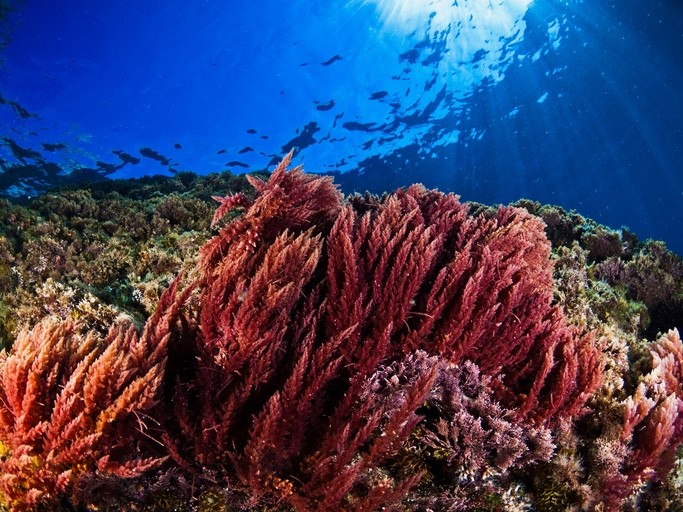



Article by: Hari Yellina
Thanks to a new NSW-based study, scientists may be able to determine the optimal amount of asparagopsis seaweed to minimise methane emissions on sheep farms. The University of New England has received $500,000 from the federal government’s Methane Emissions Reduction in Livestock program, which is being run in collaboration with Australian Wool Innovation and using asparagopsis provided by Sea Forest. The goal of the experiment is to figure out what dosage is ideal for optimum methane reduction and how to include it into a grazing diet. The research will investigate at the effects of five different dosages of asparagopsis on productivity.
Emma Doyle, lead researcher and senior professor in sheep and wool science at UNE, stated that work on determining the appropriate dosage rate had commenced at the university’s Centre for Animal Research and Teaching, with grazing experiments beginning in September on the UNE Smart Farm. The NSW Department of Primary Industries, the South Australian Research and Development Institute, and the Western Australian Department of Primary Industries will collaborate with the researchers. “We’re all working together to figure out alternative mitigators; asparagopsis isn’t the only methane mitigator we can supplement with,” Dr Doyle said. “We’re testing some additional products and different ways to provide the supplements across those four sites, including the University of New England.”
“Because we don’t know the proper dose rates for methane mitigation, the work is still in its early stages. If we compare it to a feedlot animal, they are receiving 98 percent mitigation, but they’re fed a restricted diet. “We don’t know what levels to expect in a grazing environment.”Once we have all of that, we will have on-farm demonstration locations across the country that will allow us to show growers what is feasible in a more real-life setting.” The UNE initiative will be funded for the next three years. Dr. Doyle also stated that they planned to conduct some long-term research to determine how supplementation affects lambing and how to best give asparagopsis on a continual basis.
“We’re having a lot more individuals interested in this area of research, which is fantastic because it’s going to be ongoing as things progress,” she added. The effects on production in the cattle business are quite beneficial with feed conversion and productivity, but we don’t know anything about it in the sheep industry yet. Dr. Doyle said that researchers would look into how long it will take sheep producers with lower methane emissions to see a financial gain in the coming years. “I think there’s been more talk about wool than about sheep meat,” she said. “The wool product itself is a wonderful, natural product, but having these other ecological credentials makes it even better,” she added.